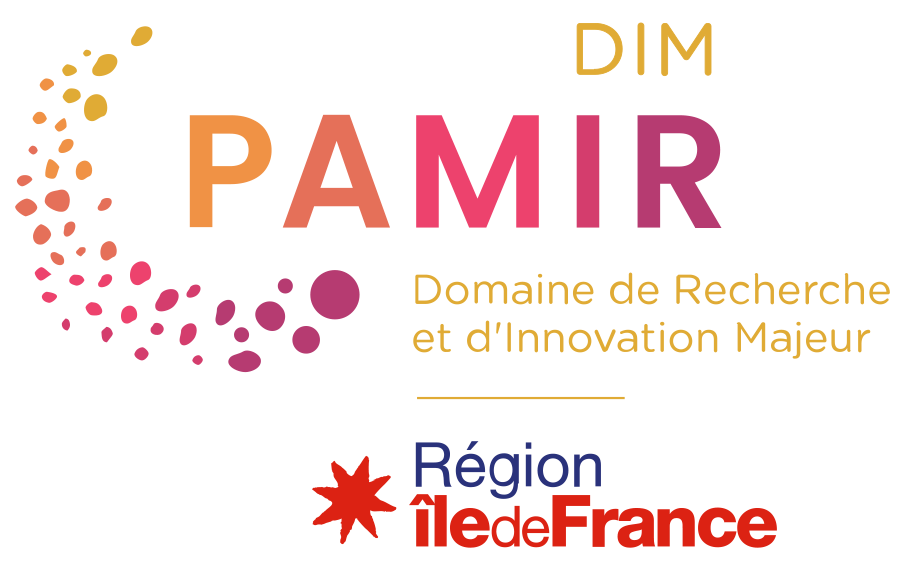By supporting the study of heritage sciences, the DIM PAMIR wishes to rethink three frontiers that are at the heart of the problems of our current societies:
- The frontier that separates nature and culture, which we can see is now being challenged by developments in the humanities and experimental sciences, as well as by contemporary socio-environmental issues, thus facilitating the circulation of concepts and models between different scientific fields, in order to get a better understanding of an interdependent world
- The frontier between tangible and intangible matters, deeply transformed by the renewal of interdisciplinary methods, the interpenetration of studies between practices and the objects that support them, and a digital revolution whose stakes are particularly visible in the heritage field, up to the patrimonialisation of digital data
- The frontier between the past and the future, separated by the thin line constituted by the present, whose collective and political identity is largely based on the transmission of a set of artifacts and ecofacts through time: the uncertainties of the present are indeed largely linked to a troubled relationship with the past and the future, and a critical return to the forms of patrimonial transmission would be a major scientific contribution to contemporary societies.
The overcoming of these frontiers, which are so many barriers, must take place through the achievement of five major and structuring transitions:
- Creating a new interface between research and socio-economic innovation, including all industrial actors (design, performing arts, museography, data visualization, cultural and creative industries, expertise and conservation-restoration of heritage), but above all to extend the very definition of “socio-economic innovation in the humanities and social sciences” to these entire sectors
- Developing new classes of instruments, by supporting the development of new physical, chemical or digital instruments specifically adapted, but also innovative instruments, specific to Social and Human Sciences
- Giving a central place to digital tools by supporting the collective development of tools to control equipment, collect data, navigate in real time in the data being collected, or analyze them in detail
- Organising communities based on research methods mobilizing collaborative open science practices and starting from the field
- Supporting the institutional structuring of the multi-scale field through institutional steering tools that will be made available to the Region and to research operators

